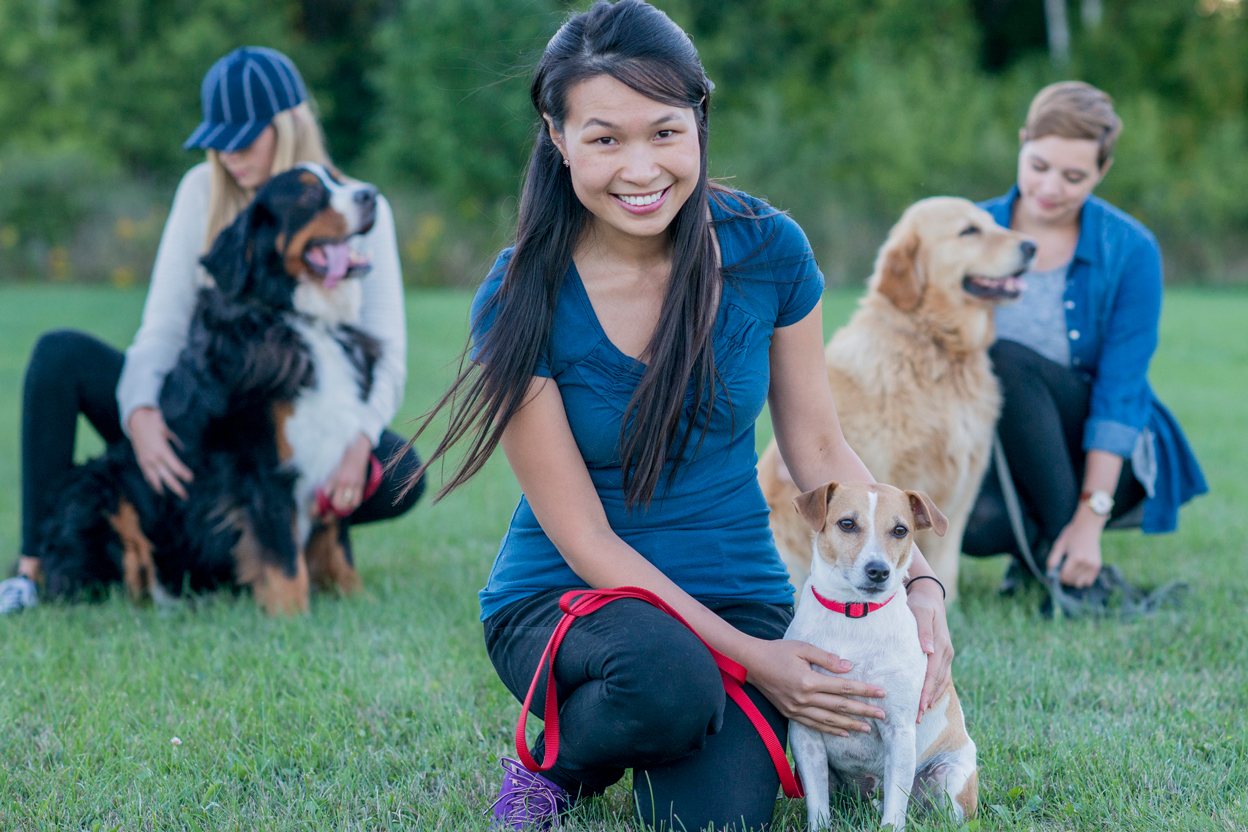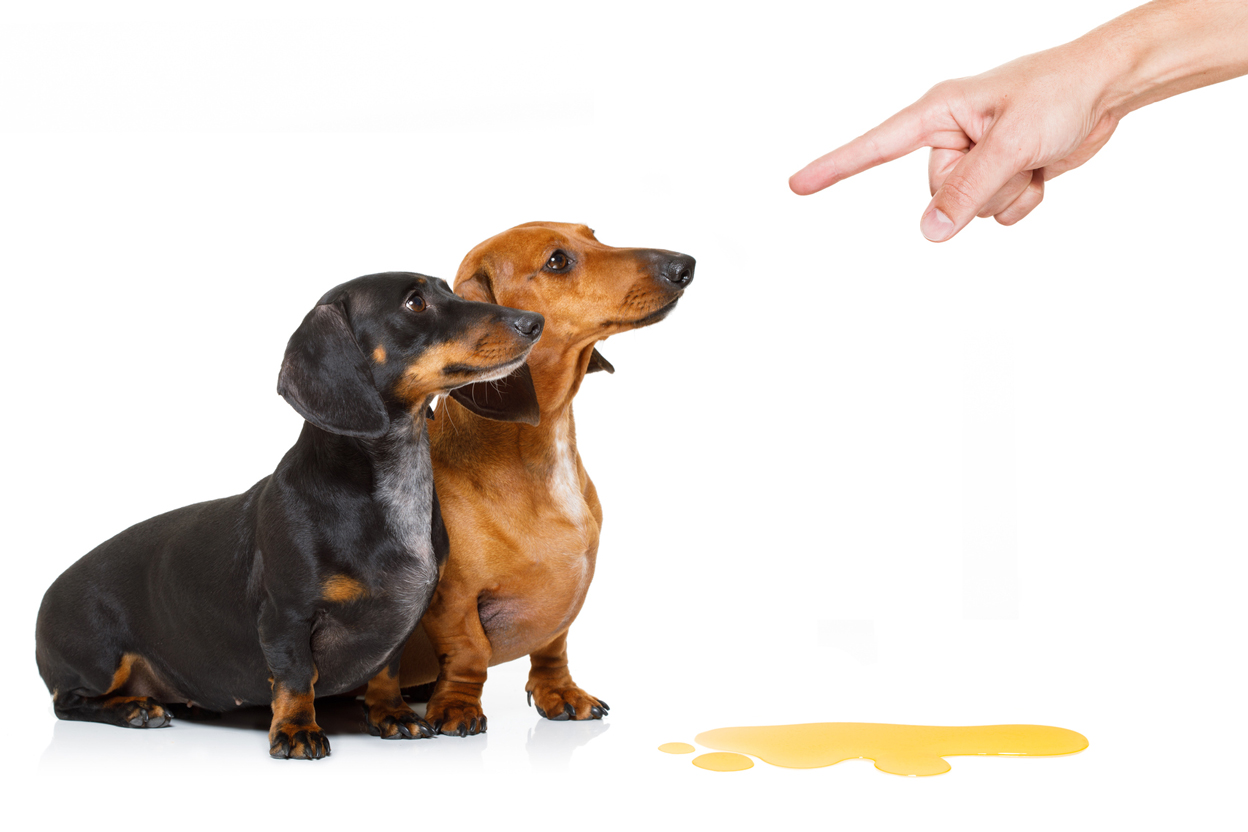We all love our pets, but knowing what to do when they show undesirable behaviours or act inappropriately can be frustrating. Thankfully, there is plenty of up to date research to help pet owners along the way.
Although well-meaning family or friends might tell you otherwise, dominance theory is well and truly outdated and using the model of owners being alpha will only cause more frustration and tarnish bonds between you and your pet.
As a vet, some of the most common problems pet owners come to me with concerning how to teach their dogs to behave are around punishment versus positive reinforcement, and frustration when punishment doesn’t work. Many parents of toddlers know all too well the poor results associated with punishments such as time-outs, and in many ways the same theory can be applied to our pets.
Punishment with pets should be avoided for many reasons, one being that it is usually associated with a delayed response by the owner. For example, if your pet has ripped a cushion apart when you weren’t there and you try to punish it after the event rather than at the time of the destructive behaviour, your pet can’t easily generalise or associate the punishment with a past action. They live in the now. But the trick isn’t to try to catch them in the act. Punishment, whether it is timed correctly or not, will tarnish the bond the owner has with their pet. Positive reinforcement is not only proven to be more effective, it strengthens the bond which is much better for both pet and owner satisfaction and wellbeing.

Don’t believe anyone who might tell you that you’re being too soft, or that you’re letting your pet get away with undesirable behaviour. The long-term rewards of positive reinforcement are incomparable. Furthermore, punishment for undesirable behaviours is associated with anxiety. The analogy is, if you were to show me signs of anxiety to a stimulus and I punched you in the face each time you did it, would it make you any less anxious? Would you want to be my friend? You can often worsen the problem. All in all, discipline doesn’t work – reward does. If you take the approach that you’re training or teaching your pet rather than disciplining them, you’re on the right track.
Treat your pet as a member of the family, not part of a pack. Plenty of enrichment will make for a happy, less destructive pet and therefore a happy owner. Exercise, play and food dispensing toys are all great options. It can be as simple as a cardboard box with holes and biscuits/treats inside the dog has to work to get out.

Whatever you do, don’t punish your pet. Shock or citronella collars are like a punch in the face, and smacking or hitting your dog is abusive. Rubbing your dog’s face in urine or faeces if they defecate or urinate in the wrong spot is another huge no-no. A well-trained dog with manners is a happy dog, so be sure to put the time into training as it’s fun for your dog and great for strengthening the relationship with your pet.

